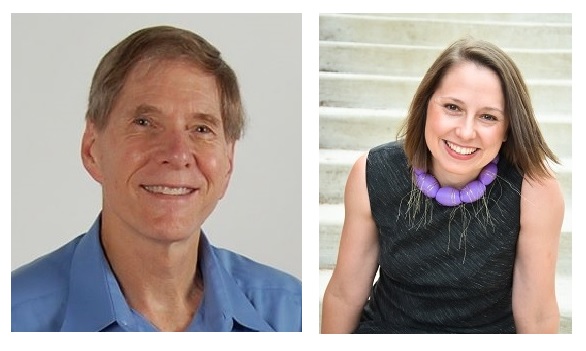ACM SIGGRAPH is seeking Nominations for two committee Chairs. The first position is Chair of the Education Committee. The second position is Chair of the Information Services Committee. If you are interested in either position, please contact the Chair of the Nominations Committee, Rebecca Strzelec.
The Chair of Educaton manages the Education Committee, which works to support computer graphics education and the use of computer graphics in education. Computer graphics education encompasses technical, creative, and developmental studies in curricular areas ranging from computer science to digital arts. The Education Committee undertakes a broad range of projects and activities in support of the CG education community, such as curriculum studies, resources for educators, and SIGGRAPH conference-related activities, including the international, juried SpaceTime Student Competition & Exhibition.
The Chair of Information Services runs the Information Services Committee (ISC) and manages the ACM SIGGRAPH internet infrastructure and works closely with the Communications & Membership Committee to manage content development. This position also work closely with the ACM Information Services team and manages a paid contractor.
Applications are due by May 1. The Nominations Committee will choose these Chairs by mid-May and the Chair positions will start September 1, 2018 and have a three year term.
